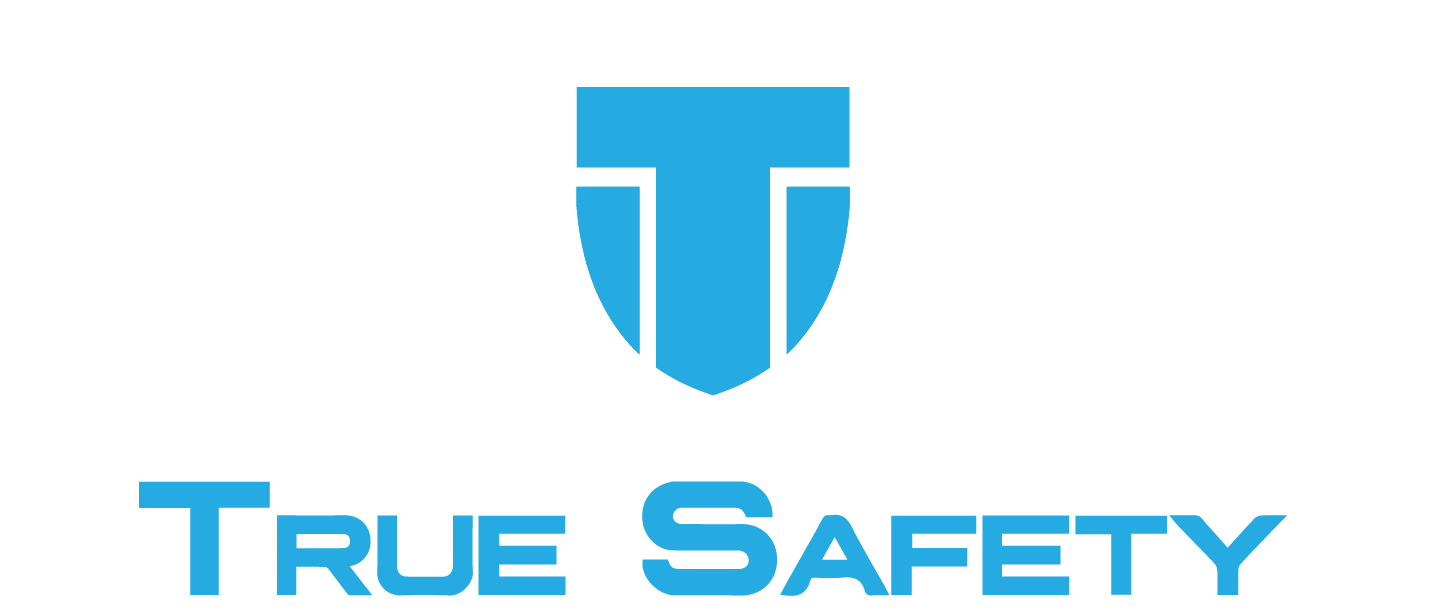Unlocking Opportunities: The Benefits of Becoming a CDL Driver in Colorado
In the dynamic landscape of career options, one role stands out as a gateway to a world of opportunities and experiences: that of a Commercial Driver's License (CDL) driver in the United States. CDL drivers play a vital role in the economy, transporting goods that keep businesses running smoothly. But the benefits of being a CDL driver go beyond just a paycheck; they encompass personal growth, job security, and a chance to traverse the open road. Here are some compelling reasons why becoming a CDL driver in the United States can be a rewarding journey:
1. High Demand and Job Security:
The demand for CDL drivers remains consistently high in the United States. As the backbone of the transportation industry, CDL drivers are needed to deliver goods ranging from food and retail products to construction materials and medical supplies. This demand translates into job security, as companies are constantly seeking skilled drivers to ensure their products reach consumers on time.
2. Competitive Earnings:
CDL drivers often enjoy competitive earnings, with the potential for lucrative salaries. Factors such as experience, type of cargo, and distance traveled can influence a driver's income. Additionally, long-haul trucking can offer significant earnings due to the extended periods spent on the road. This financial stability can provide drivers and their families with a comfortable lifestyle.
3. Diverse Career Opportunities:
The world of CDL driving is far from monotonous. From local delivery routes to cross-country journeys, drivers have the flexibility to choose the type of driving that aligns with their preferences. Whether it's short hauls, dedicated routes, or specialized hauling (such as hazardous materials or oversized loads), CDL drivers have the chance to shape their career paths.
4. Travel and Exploration:
For those who enjoy life on the road, a career as a CDL driver offers the chance to explore different cities, towns, and landscapes across the United States. From coast to coast, drivers experience the rich tapestry of cultures, cuisines, and sights that the country has to offer. This sense of adventure is an inherent perk of the job.
5. Skill Development:
Operating large commercial vehicles requires a unique skill set. CDL drivers are trained to navigate complex traffic scenarios, adverse weather conditions, and challenging roadways. The mastery of these skills not only enhances their professionalism but also makes them confident and adept drivers.
6. Independence and Autonomy:
CDL drivers often have a level of independence that isn't common in many professions. While adhering to schedules and delivery deadlines, drivers have the freedom to make decisions on the road, manage their routes, and take ownership of their tasks.
7. Contributions to the Economy:
CDL drivers contribute significantly to the nation's economy by ensuring the efficient movement of goods. Without their efforts, businesses wouldn't be able to function smoothly, and consumers wouldn't receive essential products in a timely manner.
8. Job Accessibility:
Becoming a CDL driver doesn't require an extensive academic background. Many training programs are designed to efficiently teach aspiring drivers the necessary skills, making the career accessible to a wide range of individuals.
Becoming a CDL driver in the United States offers a blend of job security, financial stability, adventure, and personal growth. As a vital component of the nation's transportation infrastructure, CDL drivers play a crucial role in connecting communities and businesses. The opportunity to traverse the highways while contributing to the economy and enjoying the open road is a unique and rewarding aspect of this profession. If you're seeking a career that combines practical skills with exploration, independence, and meaningful impact, embarking on the journey to become a CDL driver could be the path to a fulfilling and prosperous future.

